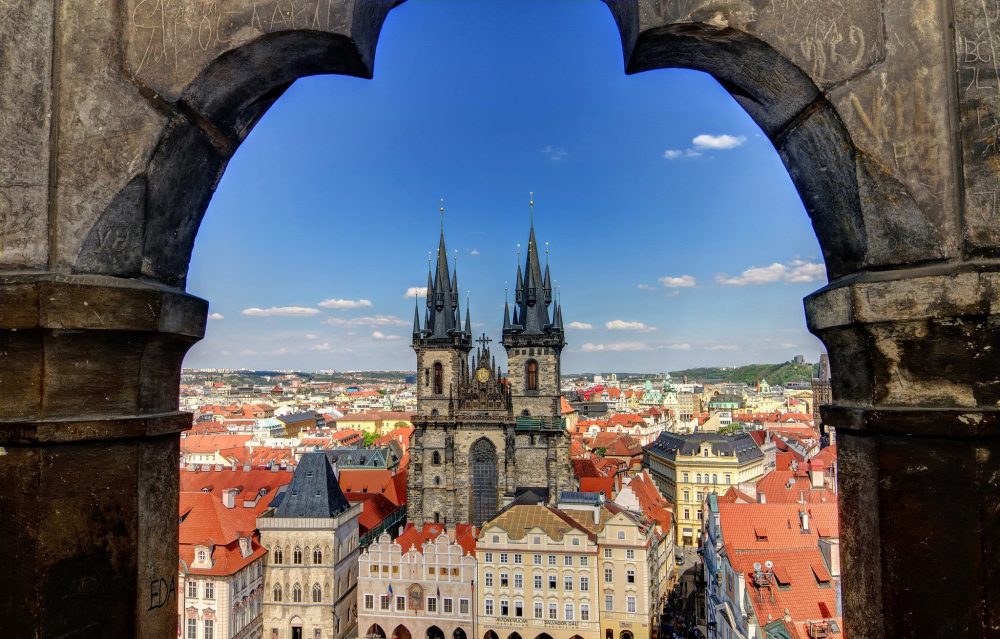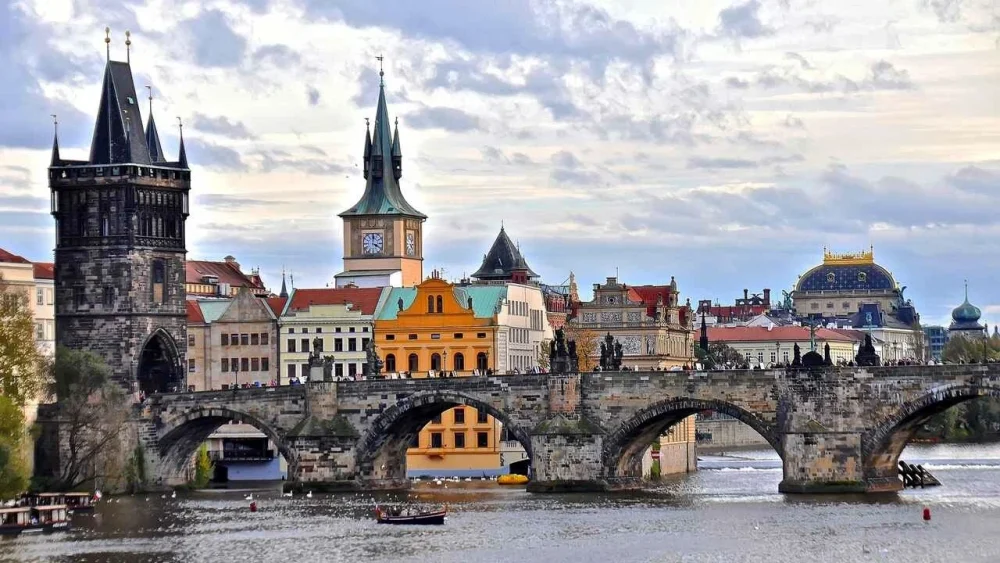Legalisation in another country is divided into two key scenarios: temporary residence and permanent residence. These formulations hide dozens of subtleties, bureaucratic conditions and legal nuances.
The differences between a residence permit and a permanent residence permit are not just a terminological difference, but a strategic decision for life, work, investment and future citizenship.
The legal framework on which everything is built
Each state interprets the statuses in its own way, but the general vector remains. A temporary residence permit (TPL) is a lease. A permanent residence permit (PRP) is a purchase.
The differences between a TPL and a PML start with a basic one: duration. Temporary status is issued for a limited period – more often 1 to 5 years. Permanent – indefinite status, although in some countries it also requires renewal every 5 to 10 years.

The difference between permanent residence permit and residence permit is the level of rights, stability and privileges. Temporary residence permit limits access to the social system of the country and may require permanent confirmation of the basis. Permanent – gives almost the same rights as citizens: health insurance, education, loans, freedom of movement within the region (e.g. EU).
How permits are issued and checked
 Bureaucracy exposes even deeper differences between residence permit and residence permit. To obtain temporary status, a reason is often sufficient: study, work, family reunification, investment.
Bureaucracy exposes even deeper differences between residence permit and residence permit. To obtain temporary status, a reason is often sufficient: study, work, family reunification, investment.
The conditions for obtaining a residence permit include legal income, no criminal record, health insurance and a residential address.
The conditions for obtaining a residence permit are more stringent. States require living from 3 to 10 years, passing language and integration exams. For example, in the Czech Republic, the transition to permanent residence status is possible after 5 years of residence permit, subject to passing the test for knowledge of the Czech language at the level A2.
Permanent residence permit vs. residence permit is not a dispute, but a transition from temporary to permanent. It is a key stage at which a long-term life abroad is built.
Differences between residence permit and permanent residence permit: rights and restrictions
Permanent status opens the door to a multitude of rights, temporary status leaves it ajar.
The differences between a residence permit and a permanent residence permit are noticeable in:
- access to the health care system;
- the ability to buy property without restriction;
- the right to work without being tied to an employer;
- the right to family reunification;
- the right to vote in local elections (in some countries).
In the Czech Republic, for example, holders of permanent residence status have equal access to health care and education and are free to change employers. A temporary residence permit limits these possibilities.
Status and freedom: longevity without surprises
Long-term residence abroad requires a stable status. A temporary permit requires annual renewals, often with proof of income and grounds. A permanent permit provides long-term protection: job loss or the end of studies no longer affects the status.
Which status is best for long-term residence depends on your goals. Work and flexibility – temporary type. Integration, investment, preparation for citizenship – permanent.
The differences between residence permit and permanent residence permit are especially noticeable in stressful situations: job loss, illness, change of marital status. Permanent residence protects, temporary residence does not.
Selecting a status before moving
Transition is possible, but requires time and resources. Before moving, it is necessary to weigh up whether to choose permanent residence or residence permit, taking into account:
- goals: study, business, reunion, work;
- the duration of the planned stay;
- desire for citizenship;
- willingness to integrate.
The comparison shows: Residence permit gives a start, permanent residence permit gives stability.
Permanent vs temporary residence permit is not a question of benefit, but a question of strategy.
Immigration and citizenship
Immigration strategies in the long term are always linked to the issue of citizenship.
The differences between residence permits and permanent residence permits are particularly important at the finish line. Only a residence permit gives the right to apply for citizenship – and not immediately, but after several years, depending on the country.
In the Czech Republic, the minimum period of residence with a permanent residence permit to apply for citizenship is 5 years. This takes into account such factors as the absence of debts, stable income, integration and the level of Czech language proficiency not lower than B1.
The residence permit in this context is an intermediate stage. Even with a long residence permit, the residence permit alone does not open the way to citizenship.
Immigration requires strategic planning.
Geography matters: a comparison on the example of the Czech Republic
Each state dictates its own rules, but the Czech Republic is one of the brightest examples of a balanced approach.
The differences between a residence permit and a permanent residence permit in the Czech Republic are clear:
- The residence permit is issued for a period of 1 year with the possibility of extension.
- Transfer to a permanent residence permit is possible only after 5 years of continuous residence.
- Permanent residency requires proof of integration: language test, no criminal record, stable income, payment of taxes.
The difference between the statuses here forms real consequences: the holder of a permanent residence permit in the Czech Republic can move freely in the Schengen area, take out long-term loans, participate in the pension system and conduct business without restrictions.

In the country, a residence permit offers a flexible start, but also requires constant monitoring – any disruption can lead to loss of status.
Choices that affect decades
The differences between residence permit and residence permit are not theoretical constructs. The decision affects living conditions, rights, opportunities, protection and prospects.
The choice should be based on the goal: temporary project or long-term integration.
What to choose – a residence permit or a residence permit – depends on ambitions. Someone wants to develop a startup and plans a mobile life – in this case, a temporary status is suitable. Someone wants to buy a house, raise children, pay taxes and vote – a permanent status is needed.
Reassessing your plans and understanding the difference helps you build a personal immigration strategy without mistakes. Choice is not just an item on a questionnaire, but the basis for a sustainable future.
Differences between residence permit and residence permit: conclusions,
 The differences between residence permit and permanent residence permit determine not just a legal category, but the quality of life, reliability of status and development horizons.
The differences between residence permit and permanent residence permit determine not just a legal category, but the quality of life, reliability of status and development horizons.
Each decision forms an individual adaptation scenario. For temporary purposes, a residence permit is enough. For long-term purposes, you need a residence permit.
Long-term residence abroad requires a reliable legal framework.
 en
en  ru
ru  de
de  ar
ar  es
es  nl
nl  hi
hi  fr
fr  it
it  pt
pt  el
el 









